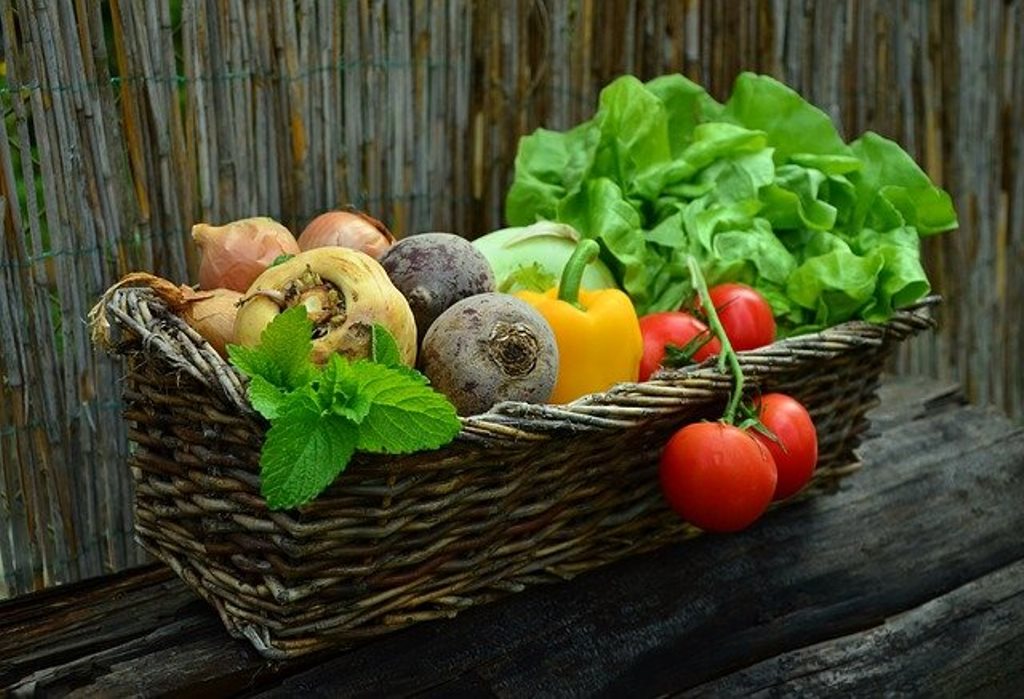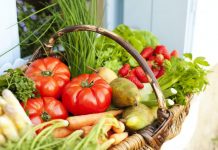With talk on nutrition more prevalent than ever right now, it seems that people are attempting to load up on healthy foods that help strengthen the immune system. We are aware as to how vitamins A, C, and D are all essential in people’s diets to safeguard their health, but B vitamins are also quite a crucial component.
B vitamins, or vitamin B-complex consist of a variation of eight vitamins that each have a specific job for the body – from organ function and growth, to the maintenance of optimal bodily functions, production of red blood cells, nerve function, a reduction in cholesterol levels, among many other benefits. While vitamin B-complex can be taken in supplement form, you can also get these from a well-balanced diet.
Here is how you can incorporate B vitamins into your diet:
Encouraging the Consumption of Whole grains
Whole grains are extremely healthful as they are rich in fibre and nutrients, including B vitamins. The amount of whole grains that nutrition experts recommend adults consume daily is 48 grams or 3 servings. These can potentially reduce risks for obesity, heart disease, and Type 2 diabetes.
Luckily, they can be easily prepared and eaten for practically every meal when you have proper tools. Some of the best cheap rice cookers are capable of cooking any whole grain in large quantities for you to turn into grain bowls, porridges, or even rice toppings. You may be able to steam proteins in the same compartment to pair alongside any chosen grain. With whole grains, you are never short of options, as brown rice, barley, bulgur, millet, quinoa, and numerous others are available in the market today. These were once consumed by our ancestors, and you can definitely benefit from their resurgence as different tastes and textures also mean different health benefits that will all work towards building up your immune system.
Going Green With Green Leafy Vegetables
While they may sound unappealing for those who were forced to consume copious amounts of vegetables as children, green leafy vegetables are some of the healthiest things you can eat that are rich in B vitamins. Everything from Bok Choy, to mustard greens, spinach, collard greens, and broccoli are a fantastic source of vitamin B complex which is highly concentrated in every bite.
To make these more enjoyable (and palatable), you can toss them into your fruit smoothies, or blend them into a hearty soup for a savoury option. They also work excellently in quiches or omelettes – you won’t even feel like you’re eating something so nutritious. Keep in mind that leafy greens retain more folate, which is a B vitamin, when they are eaten raw or are lightly steamed so make a fair compromise by eating them in this form as well from time to time.
The Importance of Consuming Chickpeas
Chickpeas are unassuming looking little beans that are actually dense in nutrients. Like whole grains, these have been consumed as part of ancient diets and some of the healthiest populations for thousands of years. They are packed with B vitamins, together with vitamin C, iron, magnesium, folate, phosphorus, and other antioxidants. They are very filling as well and make a wonderful base or meat replacement in curries, soups, and stews. They are so versatile that they can even be eaten in snack form, mimicking a healthier version of junk food when roasted.
One of the most popular ways of preparing chickpeas is by making hummus, which just involves whizzing these up in a food processor with tahini, lemon juice, garlic, and spices of your choice. You can even add in other vegetables for your own twist that could be used for dressings, dips, and your grain bowls as well. Chickpeas can also improve your heart, eye, and digestive health, reduce inflammation, prevent against serious diseases, and so much more.
For an extra-large dose of B vitamins, you can even combine all three of these ingredients in a single meal!
Candace Holmes is a freelance writer who writes extensively on issues of health and lifestyle.













